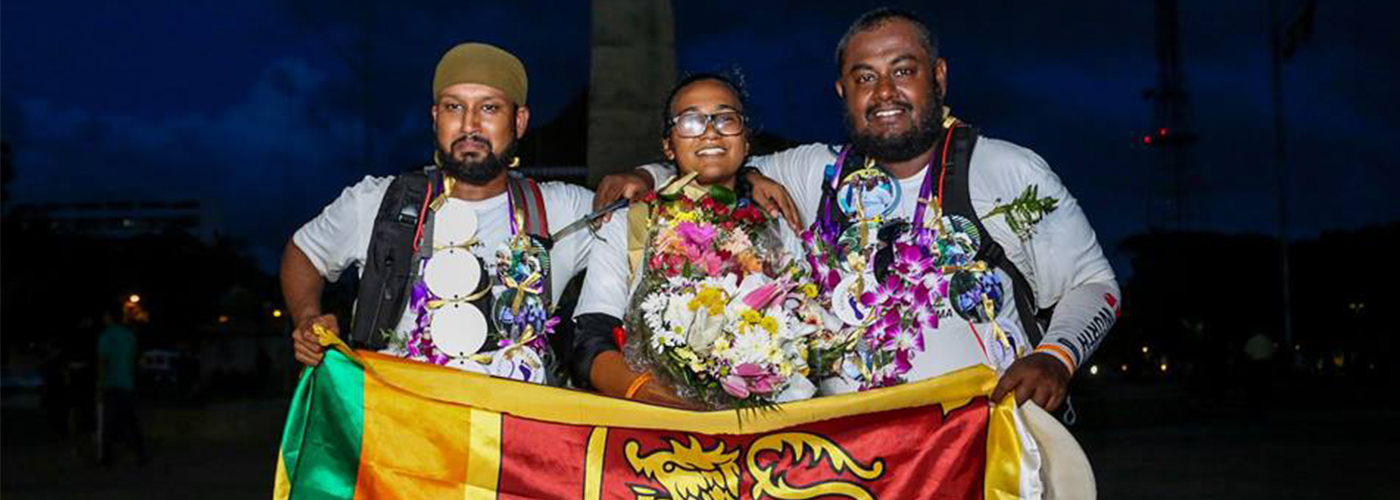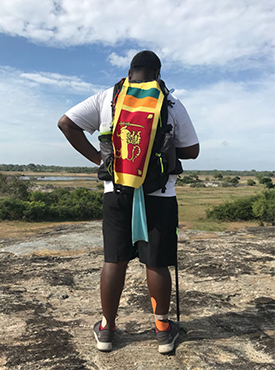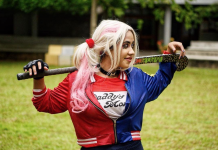2018 Jun 20
She poured kerosene on herself and set herself on fire. Raped at 15 years of age and knowing that she would be ostracized for it by her community, she chose suicide. Speaking about one of the more harrowing stories from the walk, Ranil Thilakaratne, one of the walkers from Footsteps To Freedom II, goes on to say, “Imagine the agony one has to be going through to think that burning alive is a better option than living.”
Having embarked on the walk around the coast of Sri Lanka to raise awareness on mental health and suicide prevention, successfully walked more than 1000 kilometers for 73 days and conducted more than 100 sessions on various mental health issues, the trio of Nivendra Uduman, Sara Nazoor, and Ranil Thilakaratne are finally back in Colombo with the stories of our people from around the country.
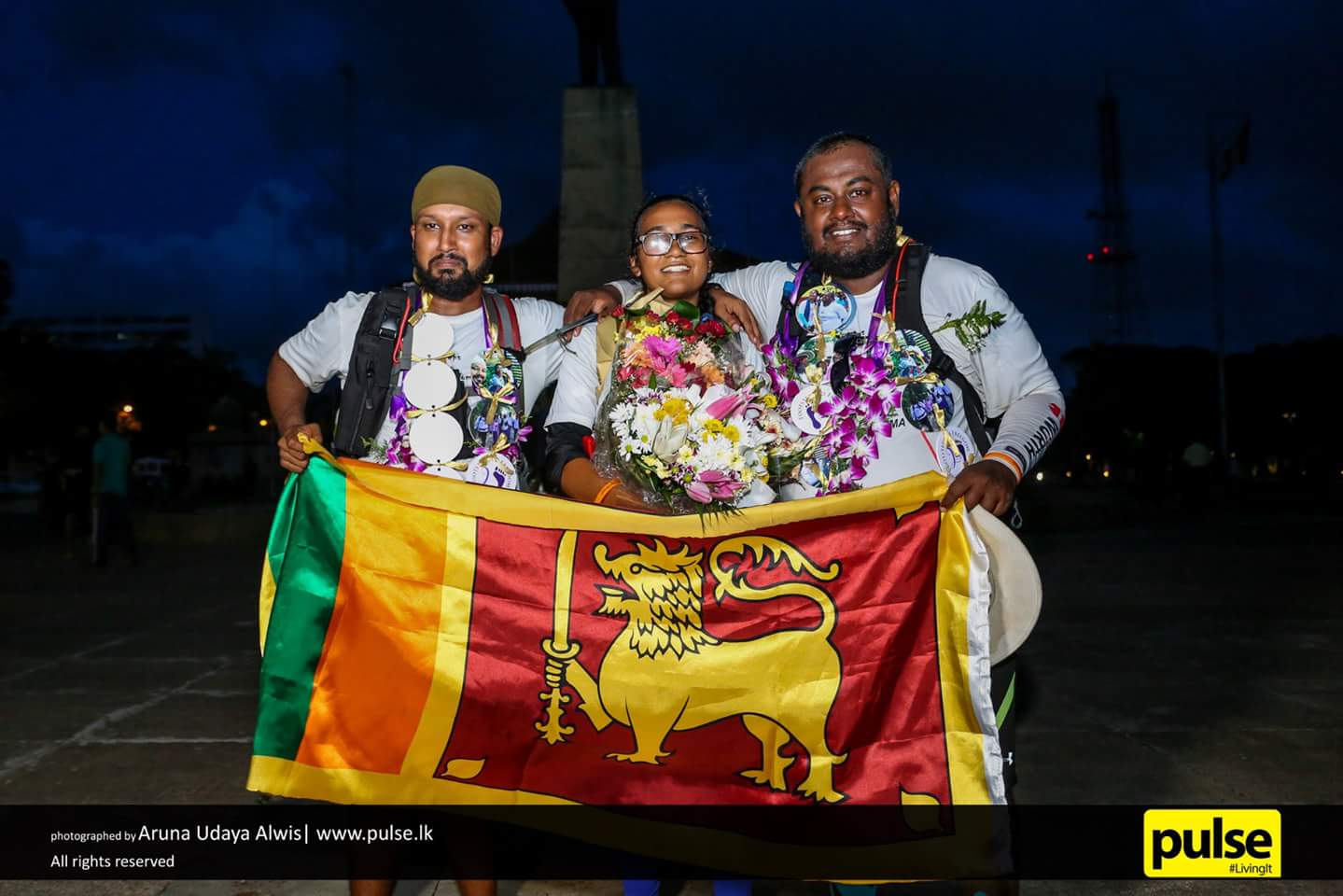
These are the real issues that people in our little island face. We can talk about facts and figures like the rate of suicide in the country or the number of suicides per minute but while they aren’t any less true, we should all focus on increasing awareness of the problem faced by our people and how we help to make some real change. And making that change is what Nivendra, Sara and Ranil sought to achieve through this walk.
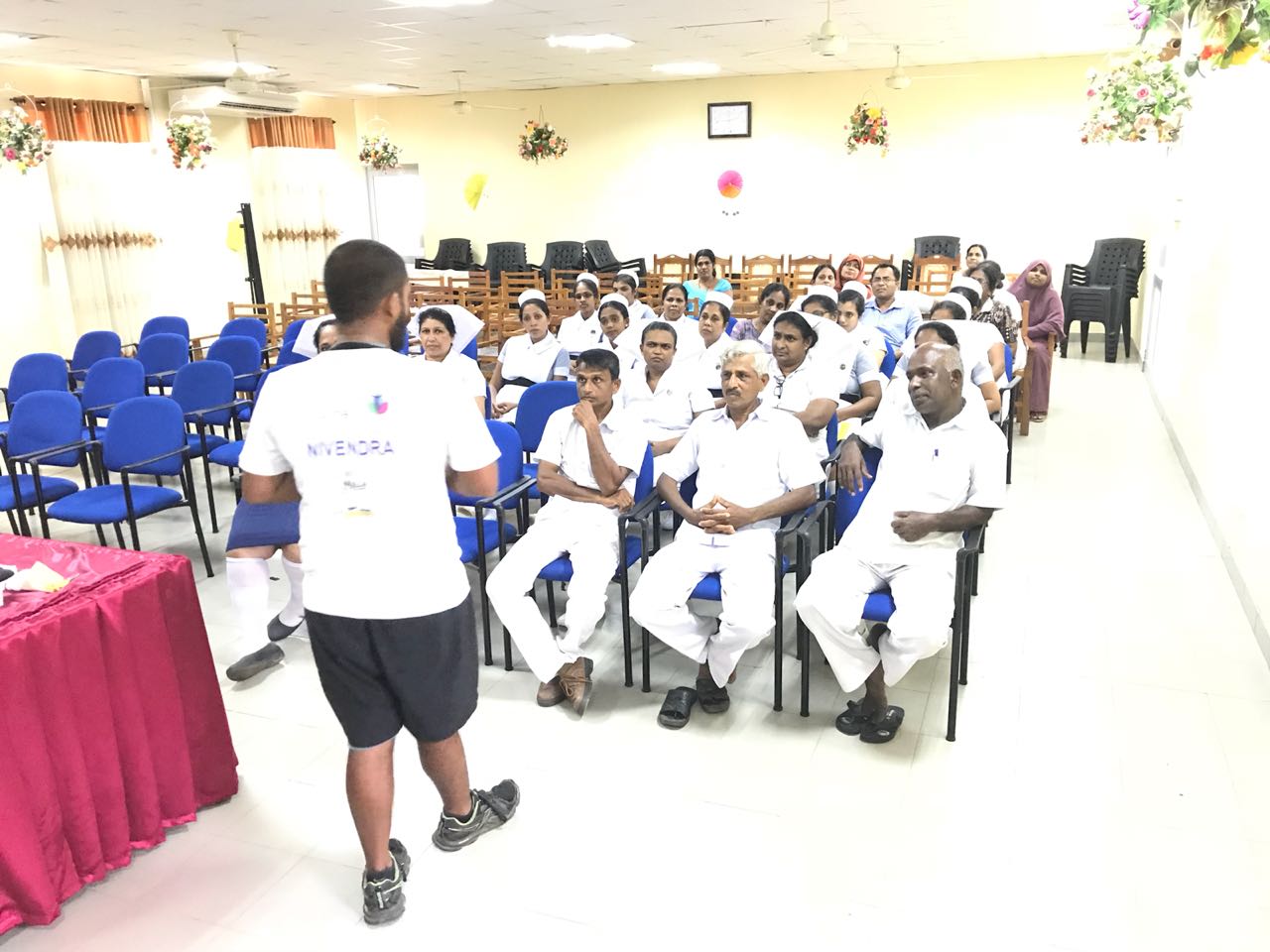
That 15-year-old girl could have been saved if she had just known that there was help out there and that there are people she could have reached out to. If our society had been taught to be more forgiving and less judgemental, perhaps she wouldn’t have felt that her only option was to end her life. Through the 100+ planned sessions and numerous unplanned workshops and talks they conducted as they walked around the coast of Sri Lanka, the education of society to be more tolerant of, open to and knowledgeable of mental health issues is what the trio worked towards.
Speaking about another young woman they encountered along the way, Sara described how the 25-year-old girl in question has to be tied down to a bed every time her mother stepped out of the house. This isn’t done out of cruelty but necessity, to ensure her safety. Diagnosed with a learning disability and hyperactivity, she has to be kept indoors to make sure she doesn’t run away or put herself in danger. Her aging, war affected mother takes care of her as well as her father who met with an accident and is bed ridden himself. The poverty ridden family is stigmatized by their community for having a mentally ill child and due to their financial restrictions, there is very little they can do for her under the circumstances.
Sara goes on to mention how they brought the girl to the mental health clinic in Kilinochchi, and referred them to the helplines which in turn brought up the issue of how there are not enough Tamil speaking counsellors and volunteers. The depth of the issues faced by some people is daunting and made her feel helpless sometimes, Sara admits.
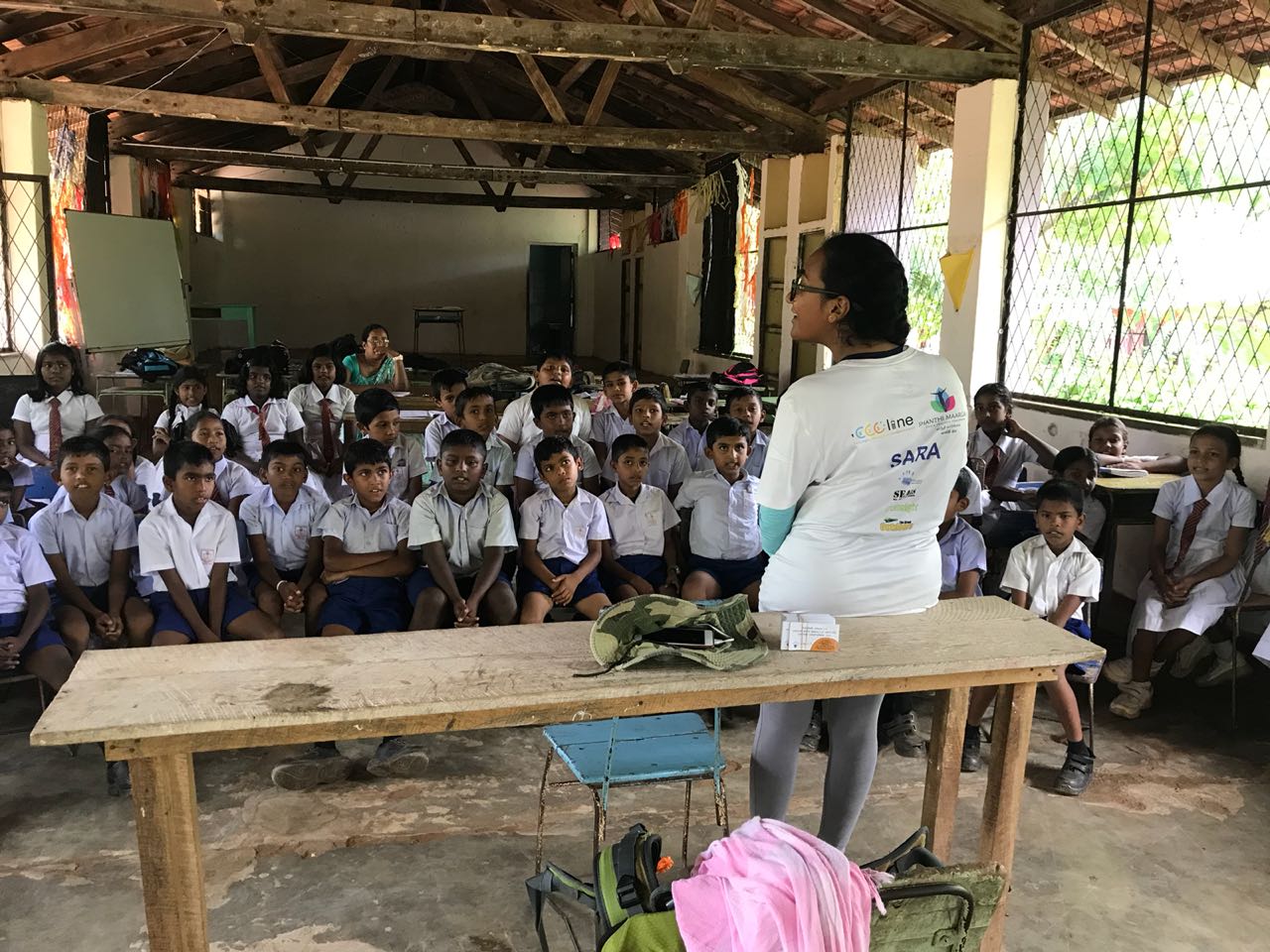
Despite her feelings of helplessness, it is undeniable that they undertook a herculean task and succeeded by every measure of the word. Braving the scorching April heat, some days not even knowing where they’d spend the night or if they’d have food to eat at the end of the day, leaving their families and loved ones behind for 73 days, while educating hundreds of people on mental health issues, Nivendra, Sara, and Ranil didn’t just talk the talk, they quite literally walked the walk. And it was by no means an easy task. “The heat was our biggest enemy,” said Nivendra and maintained that every day was a challenge, a sentiment which was echoed by the other two. Ranil faced more of a challenge he feels; “As someone who weighed 124.5 kilos at the start of the walk and hadn’t done anything similar in more than a decade, I was scared. I also knew that no one expected me to finish the walk. Not seeing my wife and son for 73 days, waking up every day at 4 a.m to start walking at 5 a.m in this unbearable heat was one of the most difficult things I’ve ever done in my life.”
Being a young Muslim girl, Sara faced judgment for walking around the country with two men, despite it being for the best possible cause but she chose to ignore it and power through with her head held high. She went on to state, however, that from unexpected places and people came the most support and for that, she is grateful for she felt empowered. Ranil further recalls being called names by people who passed by as they walked, as does Sara of course, because being catcalled is a hazard of being a girl in Sri Lanka. In spite of all they faced however, they steadfastly maintain that it was all worth it, for the lives they touched. Quite endearingly, all three of the walkers fondly refer to each other as big parts of what got them through each day and the hardships they faced.
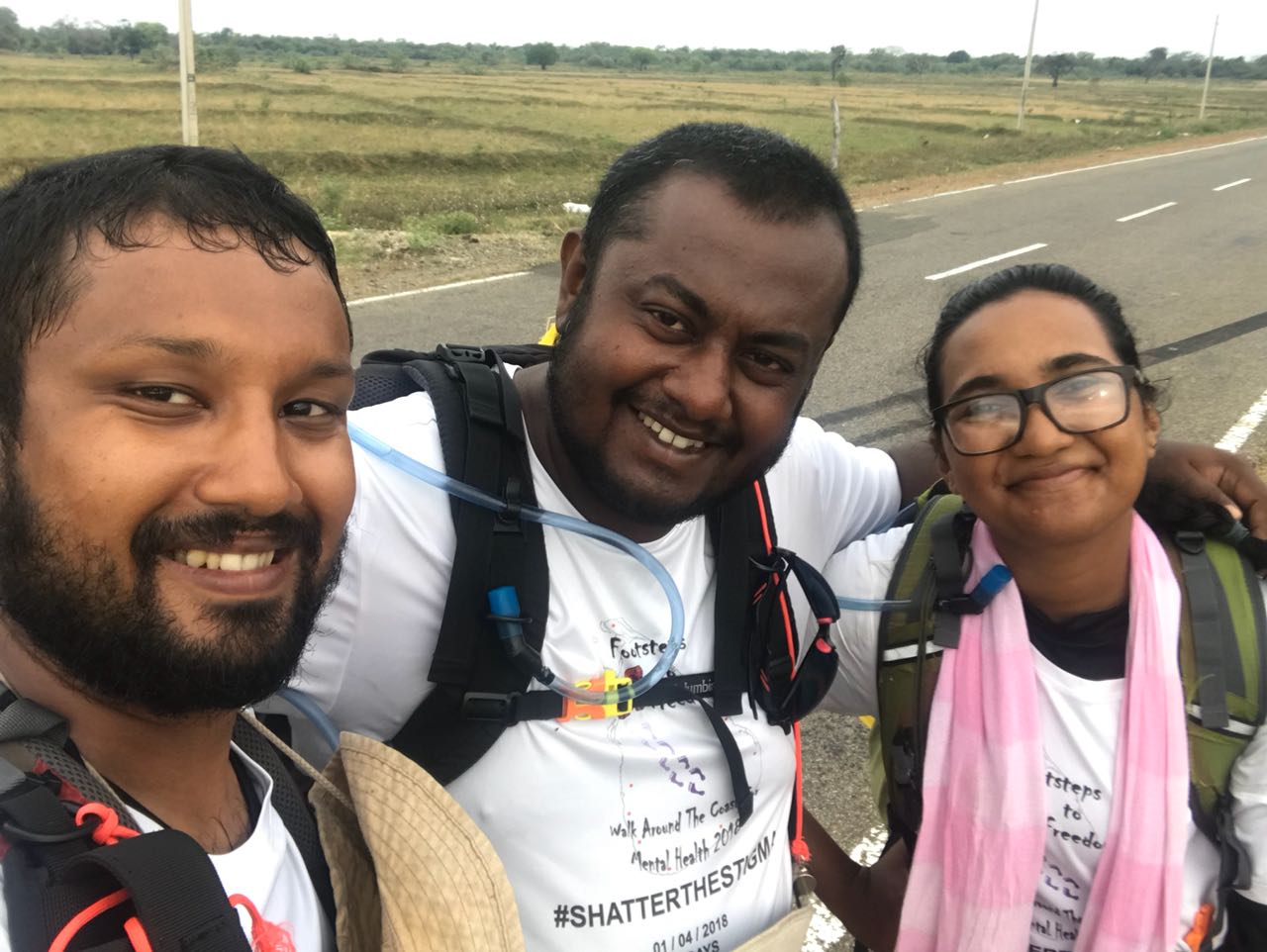
At one of the army camps they took shelter in, Nivendra got to talking to a major serving at the camp. He opened up to Nivendra about some difficulties he was going through and it was revealed that he had suffered two head injuries as a result of mortar attacks during the war and had lost interest in most things he had used to enjoy doing. He was further suffering from insomnia, and loss of appetite and self-esteem. Through the intervention of the walkers, he was taken to a psychologist and offered options providing the care he needs.
Stories such as this go to show how just desperately some people need to release their burdens, how badly they need to be heard. Listening to someone’s woes can quite literally help save a life.
As a much-needed respite from the sweltering heat in Buttala, the trio stopped at a shop for some thambili. By chance, they struck up a conversation with the shopkeeper about who they are and their cause, he admitted to being sick and facing financial problems, and that he was thinking of suicide right at that very moment. He was immediately referred to the necessary mental health centers where he was given the help he needed. All thanks to the luck of their timing, another life was saved on this admirable journey.
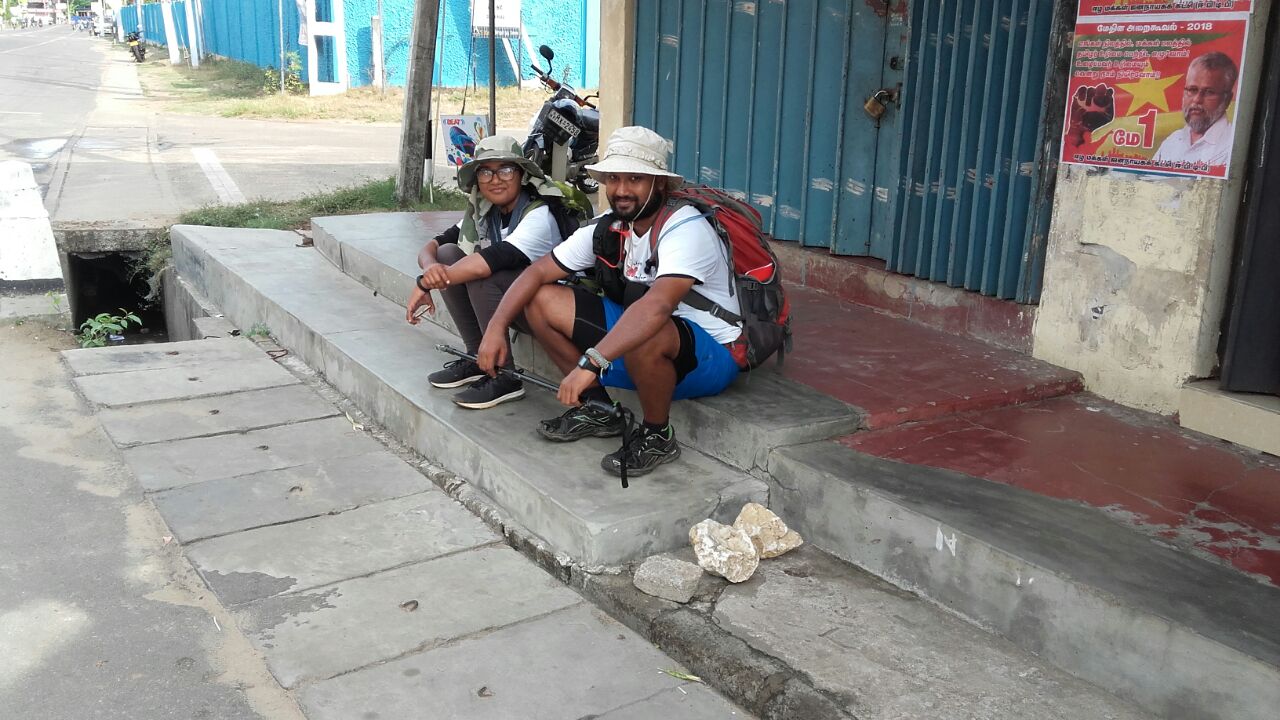 This walk is an example of what we, the people of Sri Lanka, can do to help one another and better the mental health status of our country. Wonderful initiatives like this are just the beginning. We, as society, have the opportunity to do so much for the world, to make the world a better place and show other that they are not alone. And we can start off with small, simple things. Have conversations on mental health, to reduce the stigma and judgment that comes with it. Talk about mental health and not just when a celebrity takes their life or when it’s “fashionable” to do so; It is not a trend, incorporate it into your conversations. Help shatter the stigma, as the walk’s tagline goes. Be compassionate and don’t judge others. People are hurting all around you and the reason they don’t talk about their problems is because of their fear of being judged. Also, help get the word out that there is help out and that people are NOT alone.
This walk is an example of what we, the people of Sri Lanka, can do to help one another and better the mental health status of our country. Wonderful initiatives like this are just the beginning. We, as society, have the opportunity to do so much for the world, to make the world a better place and show other that they are not alone. And we can start off with small, simple things. Have conversations on mental health, to reduce the stigma and judgment that comes with it. Talk about mental health and not just when a celebrity takes their life or when it’s “fashionable” to do so; It is not a trend, incorporate it into your conversations. Help shatter the stigma, as the walk’s tagline goes. Be compassionate and don’t judge others. People are hurting all around you and the reason they don’t talk about their problems is because of their fear of being judged. Also, help get the word out that there is help out and that people are NOT alone.
Share details of helplines such as the CCC Line (1333), Shanthi Maargam (0717639898) and Sumithrayo (011 2692909). It will take just a second of your time, but it can save a life. Talk to people, the need for help and support is not always visible and you may not know exactly who is stuggling. So, start with you own family members. Show people that there is always someone to talk to.
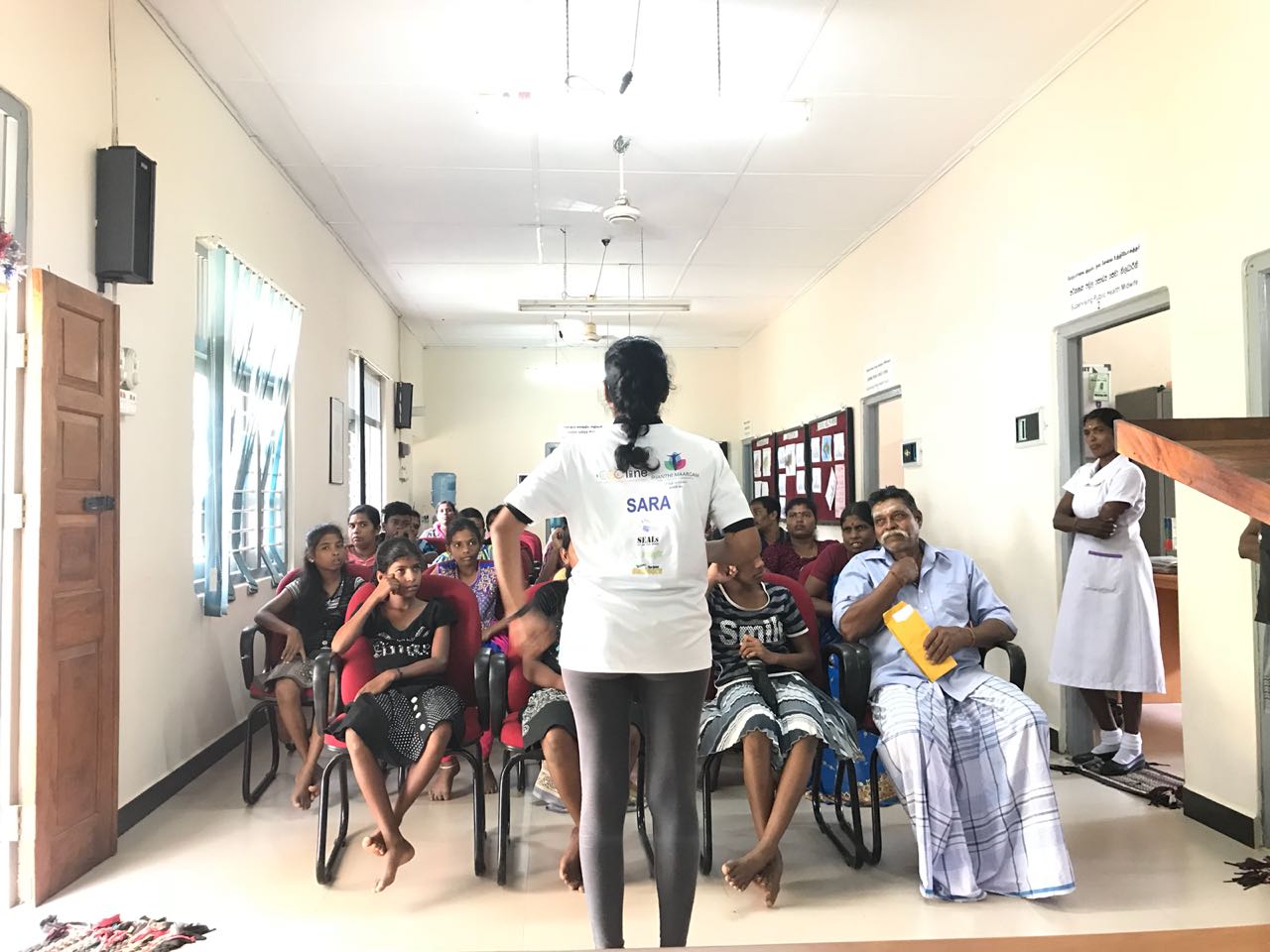
We applaud Nivendra, Sara, and Ranil for undertaking this initiative and successfully seeing this walk to the end. Footsteps to Freedom II is an inspiring project, reaching people who would never have had access to mental health services otherwise, some of whom who need it the most. How we can contribute is by taking action ourselves. We may not be able to undergo a 2 month walk across the country, but we can start somewhere; talk to people, start conversations, attempt to establish centers that offer people a safe place to take, volunteer at crisis centers. We as society should not let the flames of initiatives such as Footsteps to Freedom die, instead we should help the flame burn longer and brighter by doing what we can.

